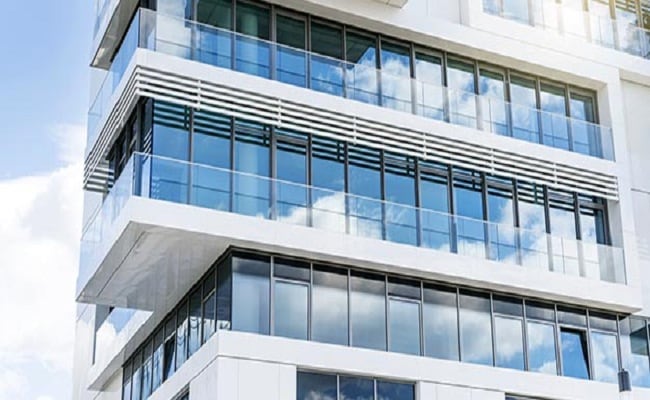
Many analysts expect GST to be a sentiment booster for the residential realty sector
Property purchase is one of the biggest financial decisions of a person. How GST, or goods and services tax, will impact the real estate sector? Will property prices come down? This would be the top of the mind of many prospective buyers. As the country switches to GST from July 1, the new indirect tax regime will subsume nearly a dozen of central and state taxes, including excise duty, value-added tax (VAT) and service tax. To ensure that developers pass on the benefit to the final customer, the government has included an anti-profiteering clause in GST law. Under this law, it is mandatory to pass on the benefit tax reduction due to input tax credit to the final customer. One of the significant changes in GST is the introduction of input tax credit, where credits of input taxes paid at each stage of production or service delivery can be availed in the succeeding stages of value addition, thus helping eliminate “tax on tax”.
Impact on Residential Real Estate
Analysts say that for the residential real estate sector, the implementation of GST will be a sentiment booster for property buyers though there could be short-term challenges for developers in transitioning to the new tax regime. Some experts don’t see much of an impact on prices in the short term.
“GST may not be instrumental in bringing down the prices of residential real estate over the short term. However, it will benefit all the stakeholders of the residential real estate sector, as the perception of the sector will improve on the back of a simplified tax structure,” said Anuj Puri, chairman of ANAROCK Property Consultants.
In a report, domestic brokerage Edelweiss Securities said, “We expect GST to be positive for the sector, with property prices likely to soften by 1-3 per cent. Impact could vary depending on extent of input credit transferred, cost structure and property completion status.”
Current Tax System
According to the current taxation system, development and sale of property attracts multitude of state and central taxes. According to Edelweiss, for the buyer, taxes applicable and their percentage varies depending on construction status of property (under-construction versus complete) and the state in which the property is located. In case of purchase of an under-construction property, a buyer is subjected to payment of VAT, service tax, stamp duty and registration charges, whereas in case of purchase of completed asset, only stamp duty and registration charges are payable (VAT and service tax are exempt). Applicable rates for VAT, stamp duty and registration charges, all being state levies, are specified by each state. Service tax, a central levy, is charged on construction cost and effective service tax paid by customer is around 3.8-4.5% on sale agreement value (ex-taxes), Edelweiss said.
Under the current tax regime, it is very difficult for buyers to ascertain what components are included for calculation of VAT and service tax, said Mr Puri of ANAROCK Property.
Benefit to Property Buyers
Under the GST regime, all under-construction properties will be charged at 12 per cent on property value (excluding stamp duty and registration charges), said Mr Puri, adding that it will not apply to completed and ready-to-move-in projects, as there are no indirect taxes applicable in the sale of such properties. In case of under-construction properties, levy of stamp duty and registration charges on the buyer will continue.
A simple and transparent tax regime applied on the purchase price under GST is the biggest takeaway for property buyers, Mr Puri further said. Also, a developer could avail input tax credit on sale of under-construction property (not allowed for completed property) against taxes paid by the property buyer, depending on applicable rules.
VAT (with rates differing from one state to another) and service tax together account for 7-9 per cent of the ticket price for a residential property, which is 3-4 per cent lower than the GST rate, according to Mr Puri. But the builder must pass on the benefit of the price reduction he enjoys due to input tax credit to the buyer, he added.
Benefit to Developers
Under the current tax regime, a property developer is subject to central excise duty, VAT and entry taxes (levied by state) on construction material cost. On the services used (labour charges, architect fees, approval charges, legal fees, etc), developers pays service tax of 15 per cent. Real estate developers also grapple with the challenges of multiple-taxation and the cumulative burden eventually gets passed on to the buyer.
According to Mr Puri, major construction materials have not seen a significant change in tax rate under the GST regime but lower transportation and logistics costs under GST will reduce overall cost.
“GST will eliminate all the other taxes, and the benefit of being able to claim input tax credit can also improve developers’ profit margins. Developers too will find the GST regime much simpler to work with, with the benefit of input tax credit being an added advantage,” Mr Puri said.
[“Source-ndtv”]

